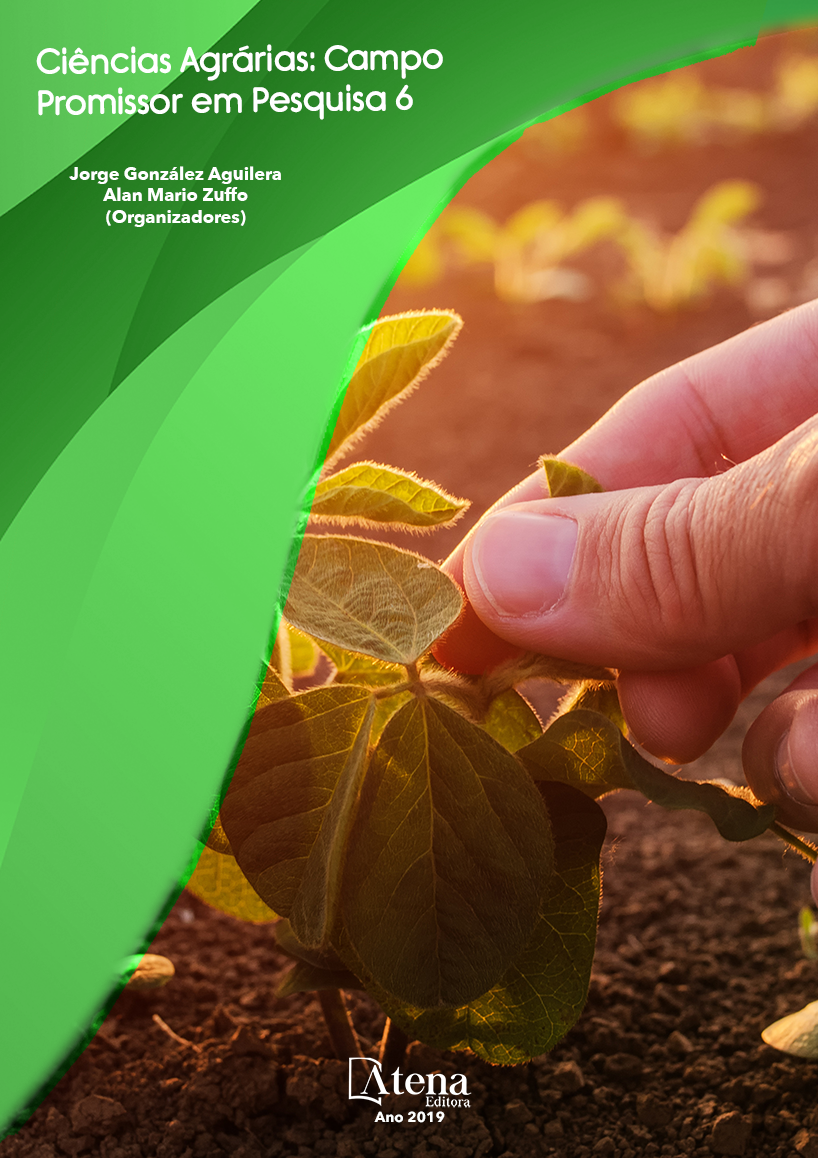
ESTUDO DO PERFIL SOCIOECONÔMICO DOS CONSUMIDORES DE MEL DA REGIÃO NORDESTE PARAENSE: UMA ABORDAGEM A PARTIR DO MUNICÍPIO DE TERRA ALTA
O mel de abelha é um produto
alimentício de grande valor nutritivo e de alta
aceitabilidade por parte do consumidor comum,
principalmente por ser considerado um alimento
terapêutico benéfico à saúde, também sendo
caracterizado por ser um produto biológico muito
complexo, cuja qualidade e composição físicoquímica
variam notadamente dependendo da
flora visitada pelas abelhas, das condições
climáticas e edafológicas da região onde for
produzido, bem como do manejo do apicultor.
Analisar como os consumidores compram,
usam e avaliam o que consomem permite definir
estratégias mercadológicas mais efetivas ao
longo de uma cadeia produtiva, possibilitando a
otimização de esforços para agregação de valor
dos produtos. Dessa forma, o presente trabalho
se constituiu na aplicação de entrevistas por
meio do uso de questionários estruturados
aplicados aos moradores do município de Terra
Alta, Pará, com o objetivo de determinar o hábito,
frequência e dos quesitos que influenciam no
consumo deste produto. Dentre os resultados
obtidos, destaca-se que 65% dos entrevistados
afirmaram ter baixo consumo; 70% relataram
que propriedades medicinais e terapêuticas
são as que mais influenciam no consumo; 45%
afirmaram adquirir o produto diretamente com
o produtor. O consumo do produto na região
ainda carece de incrementos mercadológicos,
como a utilização de marketing, que pode ser
empregado para estimular adeptos e novos
consumidores, frente às ótimas propriedades,
tanto alimentares quanto terapêuticas que o mel possui, beneficiando produtores e
demais integrantes da cadeia produtiva.
ESTUDO DO PERFIL SOCIOECONÔMICO DOS CONSUMIDORES DE MEL DA REGIÃO NORDESTE PARAENSE: UMA ABORDAGEM A PARTIR DO MUNICÍPIO DE TERRA ALTA
-
DOI: 10.22533/at.ed.2071921065
-
Palavras-chave: Consumo de mel, Apicultura, Socioeconomia
-
Keywords: Consumption of honey, Beekeeping, Socioeconomics
-
Abstract:
Bee honey is a food product of great nutritional value and of high
acceptability by the average consumer, mainly because it is considered a therapeutic
food beneficial to health, also being characterized by being a very complex biological
product whose quality physico- chemistry vary markedly depending on the flora visited
by the bees, climatic and soil conditions of the region where it is produced, as well as
beekeeper management. Analyzing how consumers buy, use and evaluate what they
consume allows us to define more effective marketing strategies along a production
chain, making it possible to optimize efforts to aggregate the value of products.
Thus, the present study consisted in the application of interviews through the use of
structured questionnaires applied to the residents of the city of Terra Alta, Pará, in order
to determine the habit, frequency and the questions that influence the consumption
of this product. Among the results obtained, it is noteworthy that 65% of respondents
stated that they had low consumption; 70% reported that medicinal and therapeutic
properties are the most influential in consumption; 45 % stated that they purchased
the product directly from the producer. The consumption of the product in the region
still lacks marketing increases, such as the use of marketing, which can be used to
stimulate consumers and new consumers, against the great properties, both food and
therapeutics that honey has, benefiting producers and other members of the chain
productive.
-
Número de páginas: 15
- Antônio Maricélio Borges de Souza
- Alasse Oliveira da Silva
- Lucas Ramon Teixeira Nunes
- Adriano Vitti Mota
- Akim Afonso Garcia
- Fernando Oliveira Pinheiro Júnior
- Diocléa Almeida Seabra Silva
- Jonathan Braga da Silva
- Renata Ferreira Lima


